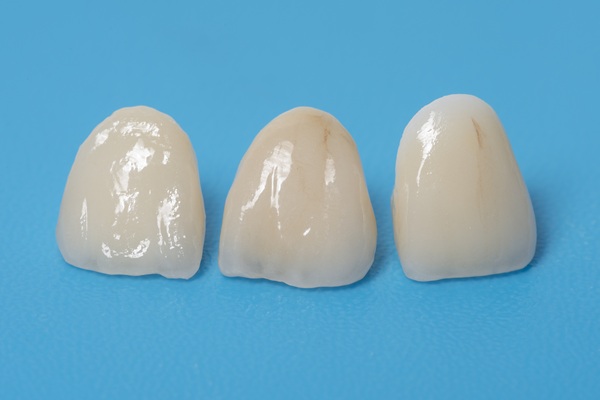 Seeing your dentist for a dental restoration can be nerve-racking if you do not know what to expect. Some procedures are invasive, while others are not. Knowing more about the different processes can help you make informed decisions about your procedure. Here are five dental restoration FAQs you can ask your dentist.
Seeing your dentist for a dental restoration can be nerve-racking if you do not know what to expect. Some procedures are invasive, while others are not. Knowing more about the different processes can help you make informed decisions about your procedure. Here are five dental restoration FAQs you can ask your dentist.
What is an indirect filling for?
This dental restoration refers to an onlay or inlay. Some know it as a partial crown. The patient can get this prosthetic from the dental clinic or a dental lab. The dentist will apply the indirect filling to the damaged tooth.
This filling is also for teeth that have large fillings that do not need a crown yet. An inlay will sit in the grooves of the chewing surfaces. An onlay will replace the tooth’s cusps. The dentist will determine which one will help the patient the most.
What are composite fillings?
This type of dental restoration is different from composite bonding. But the material in both treatments is a tooth-colored composite. A composite filling can restore and even protect against mild to moderate decay. This gives the patient a natural-looking dental restoration.
The dentist will need one visit to complete this treatment. The filling will be in layers. A curing light will harden the filling. The dentist will polish it. This filling can take the stresses of talking, chewing, and biting.
What is the life span of a specific dental restoration?
Particular restorations can last for many years with proper care and maintenance. Dental crowns have an average life span of about 10-15 years. Composite resin fillings can last for five to seven years. Dental bonding can last for four to eight years.
Amalgam fillings can stay on teeth for 10-15 years. Porcelain veneers can last for 15-20 years. The patient must maintain daily oral care. Visiting the dentist for regular dental checks can help maintain dental restoration.
Why is a dental crown better than a fixed bridge for a single-tooth replacement?
A dental implant and a fixed bridge can both restore a missing tooth. Between the two, a dental implant is a better choice. A fixed bridge needs dental crowns to go on the abutment teeth on each side of the dental space. These crowns will support the artificial tooth that fills the dental gap. The artificial tooth will sit on the gums. A dental bridge can last for about five to seven years.
Replacing a tooth with a dental implant is better. The titanium rods serve as dental roots that merge with the gums and jawbone. These rods will signal the body to send nourishment to the jawbone for tissue repair. This dental restoration will prevent jawbone loss, dental shifting, and more tooth loss. Good care and maintenance can make a dental implant last for decades.
What is root canal aftercare like?
Dentists say that there is nothing significant to do after a root canal treatment. But taking extra care in brushing, flossing, and eating counts. Stay away from sticky and hard foods for a while. Eating soft foods will prevent putting pressure on the treated tooth. Take over-the-counter pain relievers and apply a cold compress on the area to manage pain.
Ask the right questions so that you can prepare well for your dental restoration
Getting a dental restoration can be stressful. If you do not know what your treatment will be like, it is always good to ask questions. Your dentist can answer the mentioned questions and tell you more about what you need to know. Working with your dentist can make your dental restoration last for years.
Request an appointment or call Martin Dentistry at 209-299-7907 for an appointment in our Stockton office.
Related Posts
Getting the right dental restoration can improve your appearance and dental health. Your dentist will discuss the possible procedures that will fit your needs. Knowing more about these treatments can help you prepare for your next visit. Here are the common dental restoration procedures available.These restorations can be tooth-colored porcelain, gold, or composite material. This…
There appears to be some overlap between dental restorations and cosmetic dentistry. However, people need to know the difference between the two because dental insurance may cover a dental restoration but not a cosmetic procedure. This article examines the key differences between the two types of dentistry and provides examples of each.The primary difference between…
A strong and stable dental restoration can replace your missing tooth. Many people suffer from tooth loss. Using removable dentures is a way to fill the dental space. This can prevent many dental issues from developing. Here are the dental restoration options available for your missing tooth.The dentist will assess the patient’s mouth and see…


